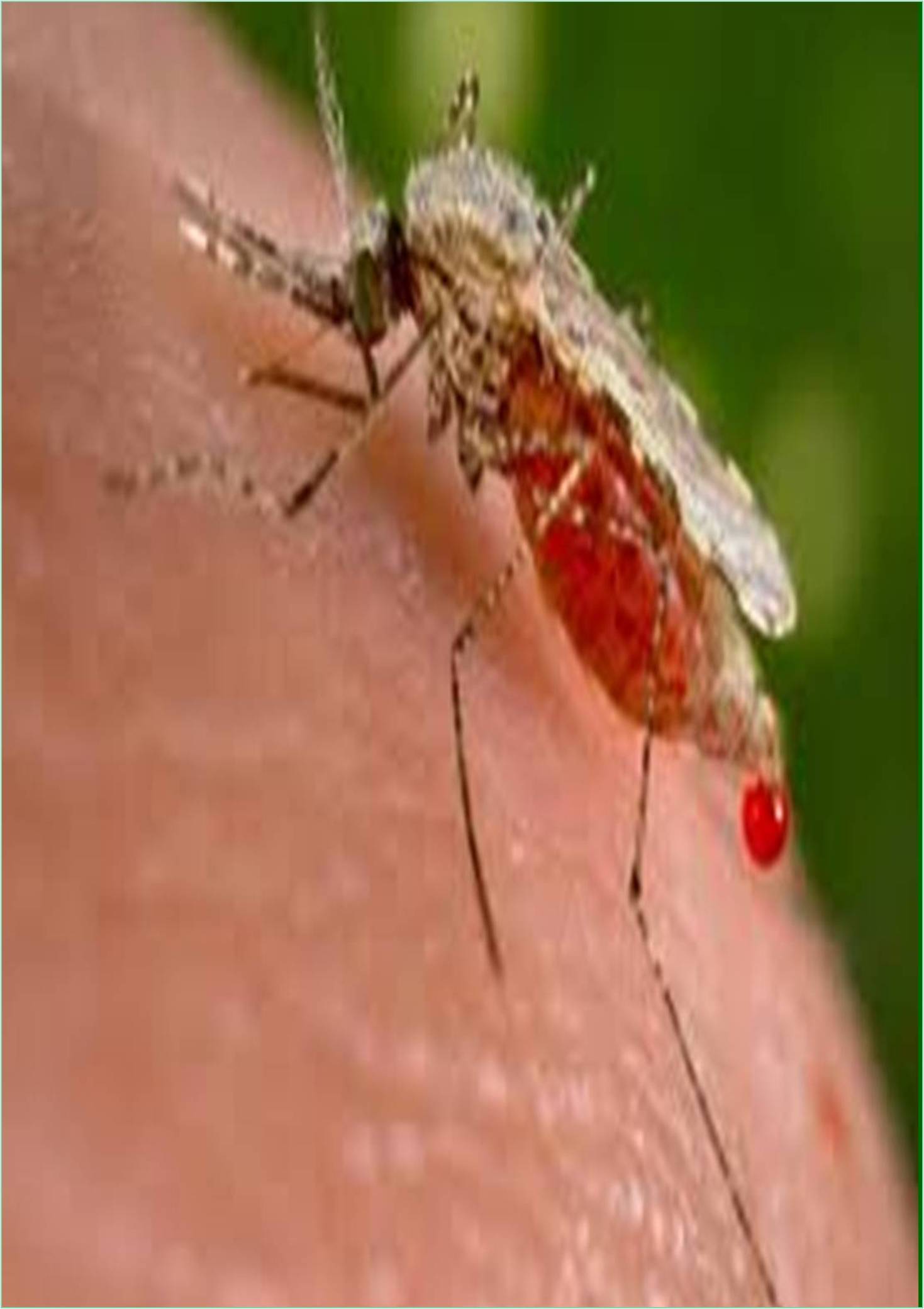



Received: 11-Nov-2022, Manuscript No. IJMAR-22-83629; Editor assigned: 14-Nov-2022, Pre QC No. IJMAR-22-83629 (PQ); Reviewed: 02-Dec-2022, QC No. IJMAR-22-83629; Revised: 12-Dec-2022, Manuscript No. IJMAR-22-83629 (R); Published: 20-Dec-2022, DOI: 10.15651/IJMAR.22.3.013
Travelers' risk of getting malaria varies from region to region and is influenced by the rate of transmission, Depends on how long they stay in an endemic area, how they travel, and how well preventive measures work. Because the danger of infection must be assessed against the potential of side effects, it might be challenging to advise chemoprophylaxis to visitors to regions with low rates of malaria infection. The traveler requires information on precautions against mosquito bites, timely diagnosis, and self-treatment recommendations if the risk of side effects vastly outweighs the risk of infection. Because of the populations at risk, it is challenging to estimate the danger, and the overall risk for tourists to the majority of places is unknown.
Malaria in the eastern Greater Mekong region has fallen to historically low levels. Infections are now increasingly concentrated in remote, forested areas. Mosquito avoidance and mosquito barrier protection are important parts of malaria prevention for travelers to endemic areas. Anopheles mosquitoes feed from dusk to dawn. Travelers should stay in well-shielded areas, wear clothing that covers most of their body, sleep under mosquito nets (ideally permethrin-impregnated), and use repellents containing Diethyltoluamide (DEET).
An experimental approach is to prevent parasites from binding to erythrocytes by blocking calcium signaling between parasites and host cells. Both erythrocyte-binding protein and reticulocyte-binding protein homologs are used by specialized Plasmodium falciparum organelles known as rhoptries and micronems to bind the host cells. Interrupting the binding process can stop the parasite.
Malaria chemoprevention is perhaps the most complex area of travel advice. Travel medical consultants should have in-depth knowledge of all available chemo preventive agents and detailed knowledge of current malaria epidemiology at the traveler's destination. The current leading antimalarial drugs are atovaquone/ proguanil, doxycycline, and mefloquine. Mefloquine prescribing is restricted by new Federal Medicines Agency (FDA), European Medicines Agency (EMA), and national recommendations. Chloroquine is rarely used as primary prevention because of widespread resistance. Primaquine is an alternative for some travelers and is included in US and Canadian policies.
Travelers often do not take malaria prophylaxis as prescribed. Prophylactic antimalarial drugs are more likely to be used if a doctor provides appropriate recommendations and before departure. However, in one study, only 14% of those seeking medical advice received correct information about malaria prevention. Families with children visiting friends or relatives are not particularly advised to take antimalarial medications or see a doctor before the trip.
Imported P. falciparum malaria varies from 0.6% to 3.8%. Even with treatment in modern intensive care units, the mortality rate can exceed 20% for elderly patients and those with severe malaria. Nevertheless, malaria-related deaths are largely preventable. Nearly all fatal cases of imported malaria occur because travelers do not use or adhere to appropriate chemopreventive therapy, because of misdiagnosis by physicians or laboratories, or because of inadequate prophylaxis chosen. Recent reports of malaria deaths in North America and Europe highlight these issues. The majority of fatal malaria patients did not use chemoprevention, used inappropriate regimens, had a late diagnosis of malaria, or received incorrect initial chemotherapy. Malaria prophylaxis failures and multiple deaths have been reported in travelers to Africa taking chloroquine or Chloroquine plus Proguanil, highlighting the need for more effective and acceptable pharmacotherapy.
Choice of chemoprevention for unimmunized travelers visiting endemic areas should be based primarily on current evidence-based guidelines regarding efficacy and patient-related factors such as contraindications and preferences. However, the evidence presented here indicates that, travelers are more likely to adhere to a weekly dosing schedule than a daily dosing schedule. It has been suggested that discontinuation of prophylaxis due to an event is more likely with doxycycline than with mefloquine or atovaquone/proguanil.